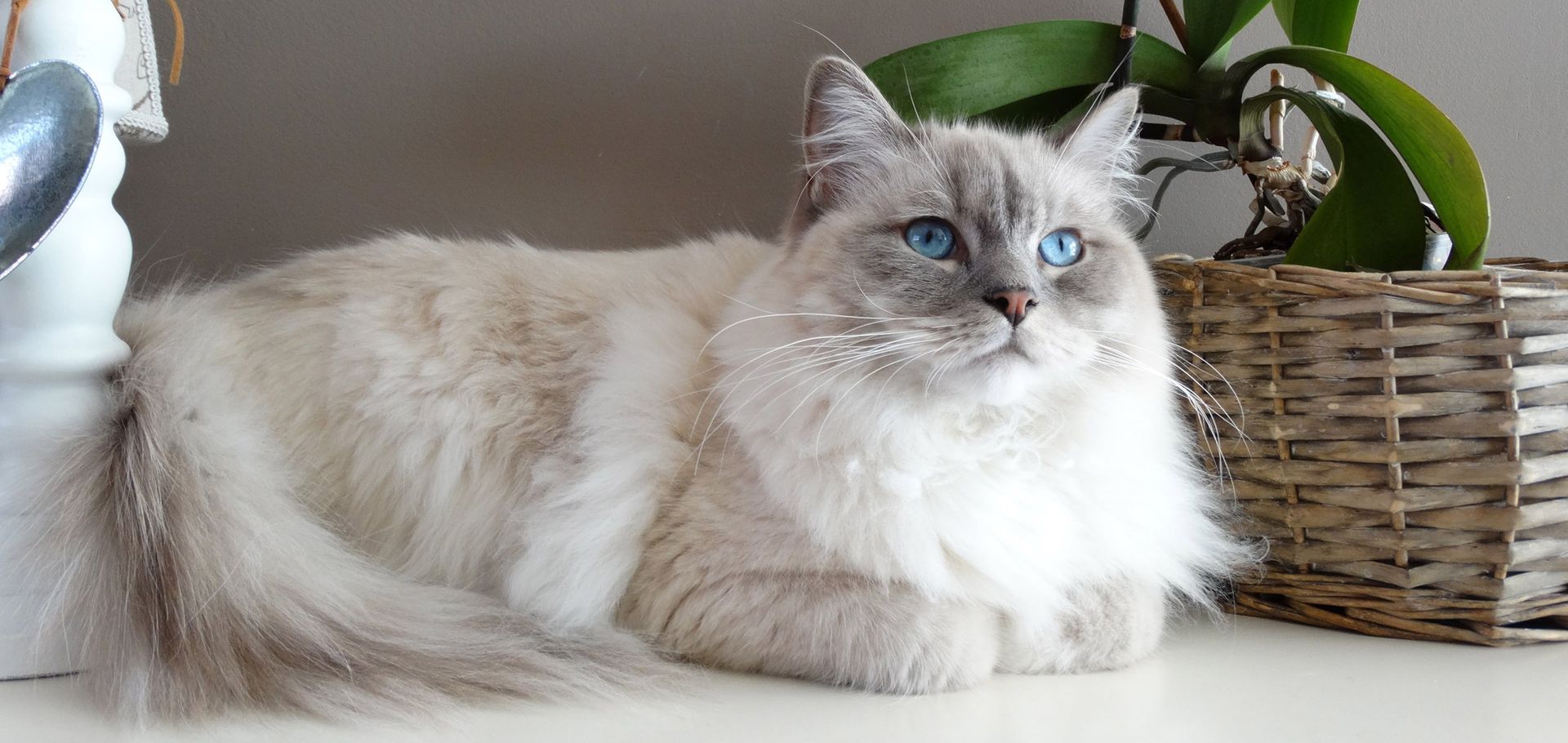
Have you ever noticed your cat is constantly sneezing at times? Usually, it’s because something is tickling its nose—pollen, dust, or it may be just fur. So don't be alarmed; cats' sneezing is a way to stay healthy and remove stuff that doesn't belong in their noses.
But just how much sneezing is considered normal? Knowing the typical triggers of cat sneezing can help you understand what a regular sneeze is—and when you should actually begin to worry.
So, if the question
“Why is my cat sneezing so much?” has been constantly bugging you, stay here to see our list of 7 most common triggers for cat sneezing constantly.
What Causes Cats to Sneeze?
Sneezing is a natural reflex that helps cats expel irritants from their nasal passages. However, frequent or persistent sneezing can be a sign of an underlying issue. Here's a look at some common reasons for excessive sneezing in cats:
1. Innocuous Tickling Sensations
It's a pretty known fact that animals have more sensitive noses than humans. They can detect even the smallest particles in their surroundings, including dust or pollen that can stimulate your cat's nasal passages. This is the primary reason you often catch them sneezing—little things tickle their sensitive boops! Think of it as something similar to when we have an itchy spot; our first instinct is to scratch it, right? When they come in contact with a feline's sensitive nasal airways, it triggers a sneeze reflex. But don't worry; this is just a way for them to protect their respiratory system from potential irritants!
2. Respiratory Infections
Sneezing in cats may also mean an underlying respiratory infection, which is usually caused by viruses like herpes and calicivirus, or bacteria such as Mycoplasma. Some fungal infections can also inflame your cat's nasal passages, triggering sneezing fits.
But how do you know if some constant sneezing is already a sign of infection? Well, this comes with other symptoms: coughing and excessive tearing or eye discharge. If you do spot these signs, be sure to address these issues promptly to avoid further complications.
3. Irritating Chemical Substances
Got some general cleaning around the house done? If your pet feline seems to be in a sneezing fit, this may be due to common household irritants like air fresheners, perfumes, or everyday cleaning materials.
It's important to be wary of how household cleaners and chemicals release strong fumes that may irritate your furbaby's respiratory system. The solution? Get pet-friendly and non-toxic cleaning supplies, ensure proper home ventilation, and minimize exposure to strong odors and allergens whenever possible. Keep in mind that your cat isn’t immune to cigarette smoke, so this may also be a factor.
4. Nasal Foreign Bodies
No, the phrase "Curiosity killed the cat" isn't just some random saying—most of the time, a cat's natural instinct to explore does get it into some deep trouble! For example, pieces of grass can accidentally get stuck inside their nose, so they sneeze to expel the foreign object. We can't blame them; it must be so itchy and painful!
However, there's a risk of potential infection in your cat's nasal passages if a sneeze cannot easily dislodge an object that might be trapped there. If you notice that something seems stuck in its nose, monitor their condition and promptly seek proper care from your trusted vet!
5. Dental Issues
Sometimes, the cause of cats' sneezing does not come from their noses; it may also be because of some dental issues they are experiencing—especially if it involves root infections. When their tooth becomes infected, certain bacteria can spread to their sinuses, which can cause inflammation and trigger sneezing episodes.
Ensure your cat gets regular
dental care to avoid further complications in its nasal features. Set regular dental check-ups for them, and you'll both thank yourself in the long run.
6. Allergic Reactions to Pollens
Besides their naturally sensitive noses, cats can also develop allergies to pollen. While it's less common, when they inhale these allergens, their bodies can react by releasing histamines as if they're under attack. These histamines can cause swelling and irritation in their noses, prompting sneezing to expel the allergens. To confirm allergies, check for watery eyes as an additional symptom.
7. Intranasal Vaccination Effects
Yes, a nasal vaccine is essential for cats to have to protect their respiratory systems, but this may also cause them to have a sneezing fit. Fret not, though; it's just a common side effect and will even bolster their immune system against respiratory illnesses in the long run.
What Can I Give My Cat for Sneezing?
If your cat is sneezing occasionally and doesn't show any other symptoms, you can try some home remedies to provide relief:
- Humidifier: Adding moisture to the air can help soothe irritated nasal passages and reduce sneezing.
- Saline Nasal Drops: These can help clear out mucus and allergens, providing temporary relief.
- Steam Therapy: Take your cat into a steamy bathroom for a few minutes to help loosen mucus and ease breathing.
Important Note: Do not administer any medications to your cat without consulting your veterinarian first. Over-the-counter medications designed for humans can be toxic to cats.
If your cat's sneezing is severe, persistent, or accompanied by other symptoms, it's essential to seek veterinary care for a proper diagnosis and treatment plan.
When Should I Worry About My Cat Sneezing?
While occasional sneezing is usually nothing to worry about, there are instances when it warrants further attention. If your cat's sneezing is frequent, persistent, or accompanied by other symptoms such as:
- Nasal discharge (clear, yellow, or green)
- Watery or red eyes
- Coughing or wheezing
- Difficulty breathing
- Lethargy
- Loss of appetite
It's crucial to consult your veterinarian as these could indicate an underlying medical condition requiring prompt treatment. Early intervention is key to managing respiratory infections, allergies, or other health issues that may be causing your cat's sneezing.
Still Concerned About Your Cat's Excessive Sneezing?
Understanding why your cat sneezes a lot helps you give them the best care. If you've found answers to your cat’s excessive sneezing, great! But if you're concerned it might be something serious, reach out to a vet.
Book a Check-Up for Your Cat at Brewerton Hospital for Animals!
Our feline friends deserve proper care to stay healthy and happy. If you are worried about your cat's health, reach out to Brewerton Hospital for Animals today! Our experienced team of veterinarians is here to provide the care and guidance your cat needs. Contact us now to schedule an appointment and ensure your cat's well-being. Your cat's health is our priority!
SHARE THIS ARTICLE




